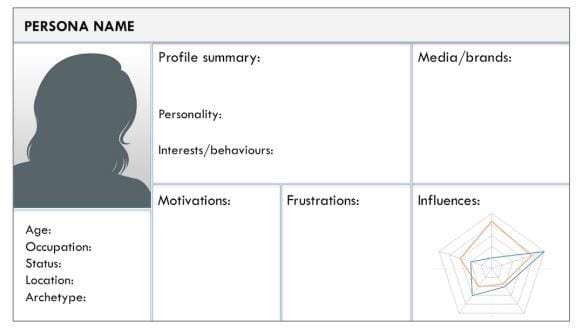I hear in many online & offline conversations among golf club managers about CX (customer experience) metrics and measurement.
On one hand, it is very good if a golf club is measuring customer experience, but we should not forget that focusing on single number metrics (e.g NPS, CES (Customer Effort Score) or CSAT (Customer Satisfaction)) will not tell the whole story.
My concern with single CX metrics is that they don’t take into consideration many other factors and statistics that can influence customer behavior.
Within the golf industry, I hear mainly about the usage of NPS. One of the reason of popularity of NPS is its simplicity.
However, using a single question or number, it will not provide the kind of insight that golf clubs (and other business as well) need to deliver consistent, memorable and differentiated customer experiences.

The above-mentioned single number CX metrics will not be able to tell you why your guests and golf club members are behaving in a certain way.
I tend to recommend using qualitative researches as they can offer far more insights and combine them with the above-mentioned CX metrics.
This usually involves customer surveys and interviews, and even ethnographic studies.
By conducting such
CX metrics – the emotion dimension
Probably you have noticed that in the last couple of years or let’s say in the last decade the
It is a great understanding of customers’ purchasing decisions are not 100% rational.
A Harvard professor Gerald Zaltman said the emotion is what really drives the purchasing behaviors, but also, decision making in general.

Let’s give emotional and personal context to the above-mentioned CX metrics.
In other words, it is important to humanize our data by creating customer personas.
By creating customer personas you will gain a better understanding of homogenous groups and recognize key traits within them.
Here is a template for a customer persona:

By knowing your golf club members’ and guests’ personality you will be able to connect them with other people in the club as well.
Thus, it will be easier to build community in your golf club and develop emotional engagement as well.
